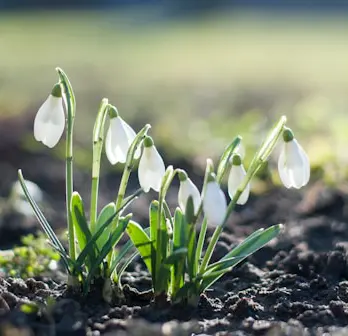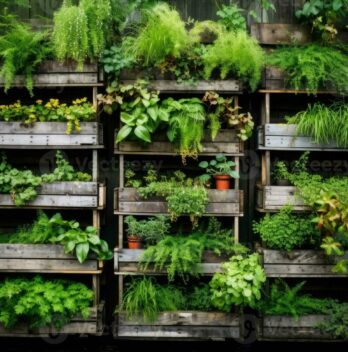Composting is one of the methods you can use to reduce the amount of waste that ends up in landfills. It can also be a good way to provide your plants with additional nutrients that will be of benefit to them.
One of the problems most gardeners face when it comes to composting is what to include in the compost pile. If you are wondering if you can compost coffee filters, you have come to the right place. In this article, we will be talking about some of the few things you can compost with and those you shouldn’t add to your compost pile.
Can you Compost Coffee Filters?
You obviously must have read online or somewhere else that you can include coffee grounds in your compost mix. It is true; you can include coffee grounds with their filters into your compost pile. This is because they are wet and can decompose in the shortest possible time.
The filters may dry out if you leave them like that on top of the pile in dry weather. This is why you should initiate the decomposition process by ensuring that the filters are moist. This is the same thing you would do with newspapers, cartons, and other paper materials you include in your compost.
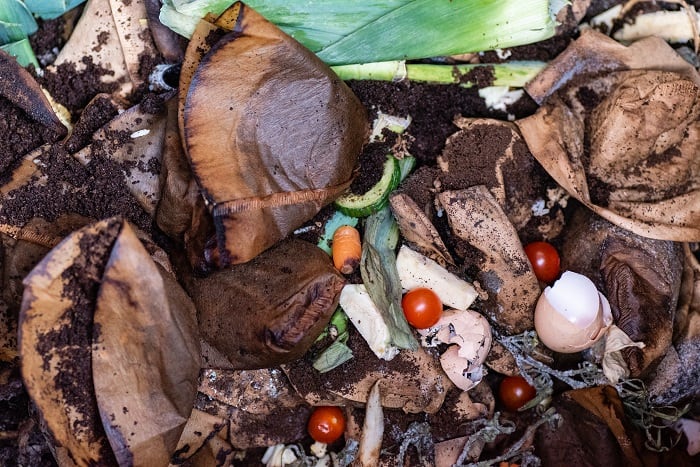
You could also include coffee filters into worm compost. The worms compost the filter very quickly depending on the number of worms you have in your factory. As a rule, you should shred coffee filters before including it in a compost tumbler.
If you notice that the coffee filters do not compost completely, you can simply transfer the materials that don’t breakdown into a new compost pile. I noticed that the brown coffee filters are quick to decompose while the white chlorinated coffee filters take longer to decompose. So you might want to switch to the brown filters if you are experiencing delays with the other kinds.
How to Add Coffee Filters to Compost
The way you add your coffee filters to your compost pile determines if it will decompose or not. I have noticed that if the filters are left out in the open, it is difficult for them to decompose. You can speed things up by covering it with
Papers such as coffee filters are a good carbon source in compost. But before you toss them into the pile, it is important that you shred them to tiny pieces and ensure they are moist. Also, coffee filters that are made from synthetic materials such as plastic, vinyl, and metal do not decompose easily (that’s if they ever do). This is why you should only use coffee filters that are biodegradable.
Check that your coffee filter isn’t bleached or mixed with any synthetic chemicals. This is important if you are looking to maintain an organic garden.
Using Coffee Grounds in your Compost
There have been some concerns as to the safety of coffee grounds in the compost pile. The fact still remains that coffee is a rich source of nitrogen in your compost. This makes it one of the best green materials you can include in composting. But since coffee is acidic in nature, there are speculations that it could change the pH of your pile. The fact is that most of the acid is used up in making your coffee drink and any residue left would be perfect for including in your compost.
Other Ways to Use Coffee Grounds in Your Garden
Coffee grounds are beneficial to your plants and shouldn’t be tossed away in the trash after use. You can collect them for use in your garden to
-
Use in Mulching
Adding coffee grounds to your
As the coffee ground decomposes into the
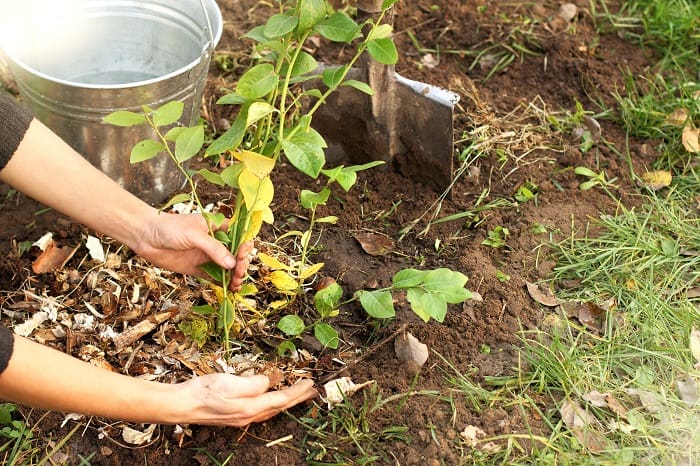
-
Add to a Worm Bin
You could also include your coffee grounds in a worm bin. This is because the worms like to feed on a little coffee. You should, however, be careful not to include too much in your worm bin. This is due to the acidic nature of the coffee grounds. Too much of it in your worm bin can cause the worms to die. A cup of coffee ground a week is good enough to include in a worm bin.
-
Use as a Liquid Fertilizer
FAQ’s
Are coffee filters compostable?
Yes, if they are clean. The best way to be sure is to remove the filter from the grounds and put them in a plastic bag. Place the bag in your garbage or recycling bin. Coffee filters are made of cellulose, so they will decompose quite quickly.
The paper used for coffee filter material is usually not completely biodegradable, so it might take longer than you think for the filter paper to break down. If you have a home composter, this might be an easier way to dispose of your coffee filters than throwing them in the garbage.
Coffee filters can come in different sizes and shapes, but there are basically only two types: paper filters and disposable paper filters. Paper filters are the most common because they are cheap and easy to use. You can buy them at any grocery store, but if you want a reusable filter, then you will need to purchase the disposable paper filters.
Regular coffee filters are biodegradable, but you should not use them as they are designed for a particular purpose. They are made of polypropylene and cellulose fibers.They are not designed for use in a compost bin or similar.
Are compostable coffee filters worth it?
Yes! Compostable coffee filters are a great alternative to paper coffee filters that end up in the trash.
They break down completely into compost, making them perfect for gardeners, farmers and composters.
Can I use coffee filters as fertilizer?
If you are looking for a way to recycle coffee filters without actually having to use a composter or compost, then here is a great idea: Take the coffee filters and cut them into small pieces. Then place them in a glass jar with a lid. You can use the coffee filters as a fertilizer for your garden, which will help your plants grow.
How much do we throw away in coffee filters?
Compostable coffee filters are a great alternative to paper coffee filters, but there’s a lot of debate about whether they are worth the extra effort.
Coffee filters are a huge source of waste. Every year, Americans use between 10 billion and 30 billion paper coffee filters. That’s about 0.2 percent of all the paper that Americans use, and it’s more than many of us realize. The filters are often made of paper or some type of non-woven fabric.
The researchers analyzed data from the city of Vancouver and found that one-third of households didn’t recycle their coffee filters.
Are coffee filters green or brown compost?
They are considered to be a green element compost due to the fact that they have a high nitrogen content.
Conclusion
You can also use coffee grounds as a liquid fertilizer to your garden. You don’t have to make use of leftover coffee as a liquid fertilizer for your plants. This is because like we earlier mentioned, it is acidic and can be toxic to plants when added in excess. Instead, pour 2 cups of coffee grounds in five gallons of water. Then allow the coffee grounds to steep for about 12 hours. After which you can then use the resulting liquid as a foliar feed for your plants.
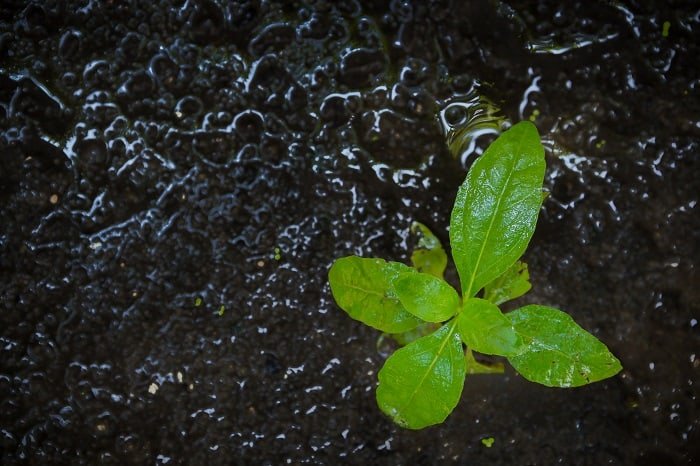
Now that we have answered the question can you compost coffee filters, we are certain that you will be including it in your compost bin. You should remember that it is important that the filters should be of the biodegradable type. The ones made from brown papers are a better option.
You should also endeavor to moisten the coffee filters and tear them into tiny pieces before tossing them into your pile. In the case of compost tumblers, you should also do the same thing if you want to harvest your nutrients in a week or two.
What are the materials you include in your compost bin? We will like you to share your secret with us.



